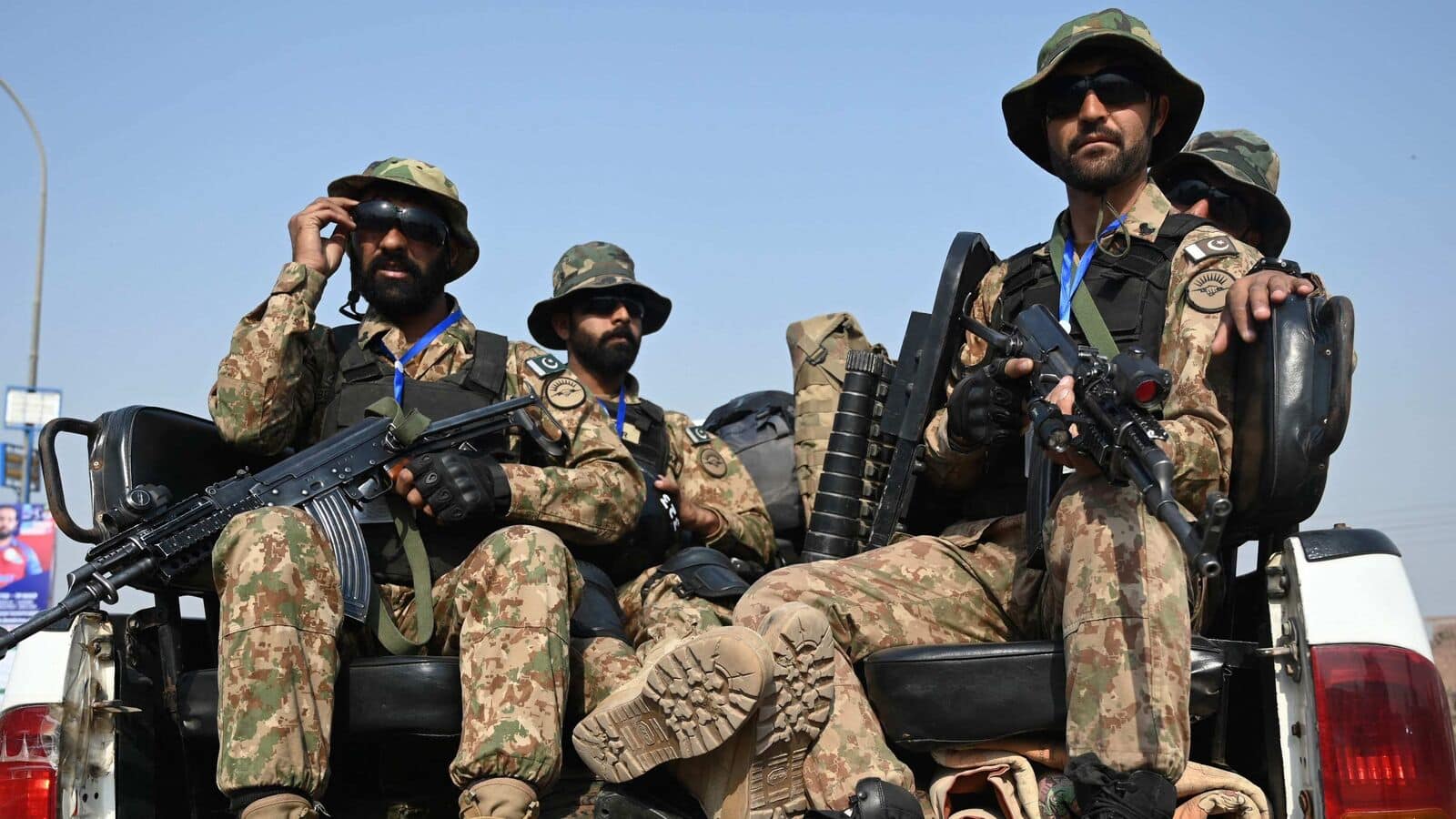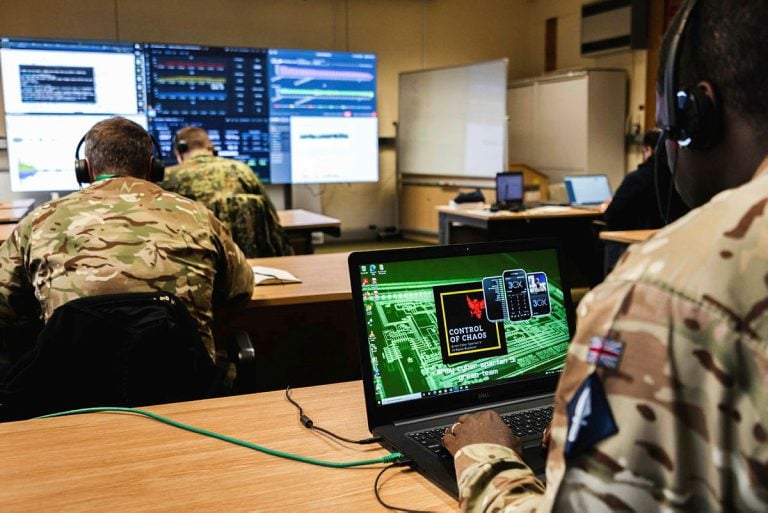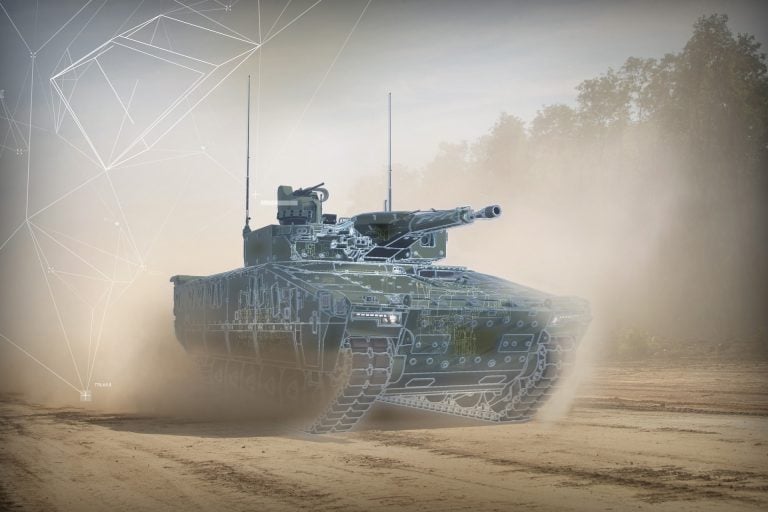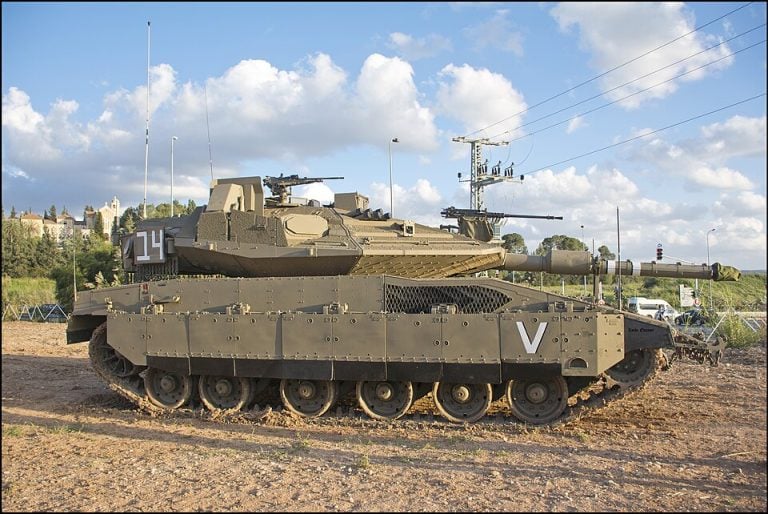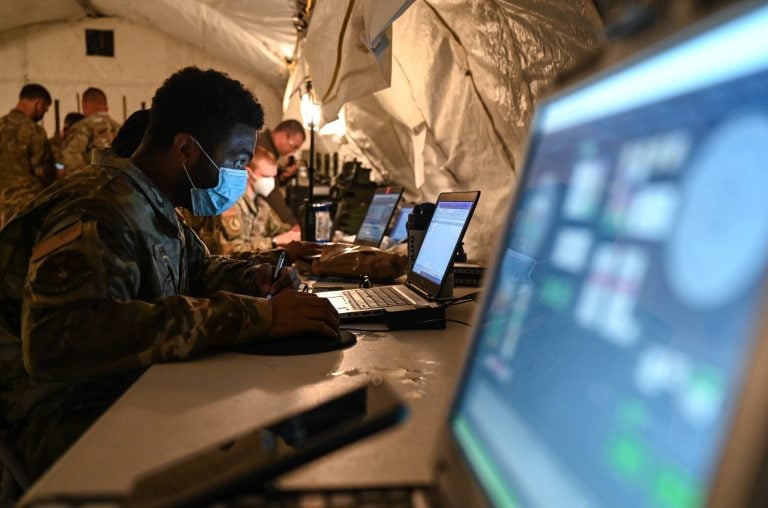At least seven people were killed and 21 others were injured on Monday following a bomb explosion at the guest house of a pro-government tribal elder in Wana, the capital of South Waziristan district in Pakistan’s Khyber Pakhtunkhwa province. The attack occurred as locals gathered for a jirga, a traditional council of elders aimed at resolving local issues.
Usman Khan, a local police official, detailed the incident, stating, “A local tribal elder, Saifur Rahman, was holding a jirga at his guest house when a bomb exploded, killing at least seven people while injuring 21 others.” He noted that the specifics of the blast are still under investigation.
A senior administration official corroborated the account, confirming the death toll and adding that Rahman was hospitalized due to injuries sustained during the blast.
South Waziristan, which has long been a militant stronghold, shares a border with Afghanistan and has seen significant military operations over the years aimed at curbing insurgency. Islamabad has historically supported local tribal vigilante groups, known as peace committees, to bolster community defenses against armed groups, including the Pakistani Taliban. However, most of these committees have been disbanded following an improvement in security that began after a major military operation in 2014.
The resurgence of violence since the Afghan Taliban’s return to power in Kabul in 2021 has raised concerns in Pakistan, with the government asserting that militant groups are finding refuge across the border in Afghanistan as they regroup and plan further attacks.
According to the Centre for Research and Security Studies in Islamabad, the previous year marked the deadliest period in nearly a decade for the country, with a significant majority of attacks concentrated near the western border. This ongoing wave of violence underscores the fragility of security in the region and highlights the challenges faced by the Pakistani government in maintaining order.
